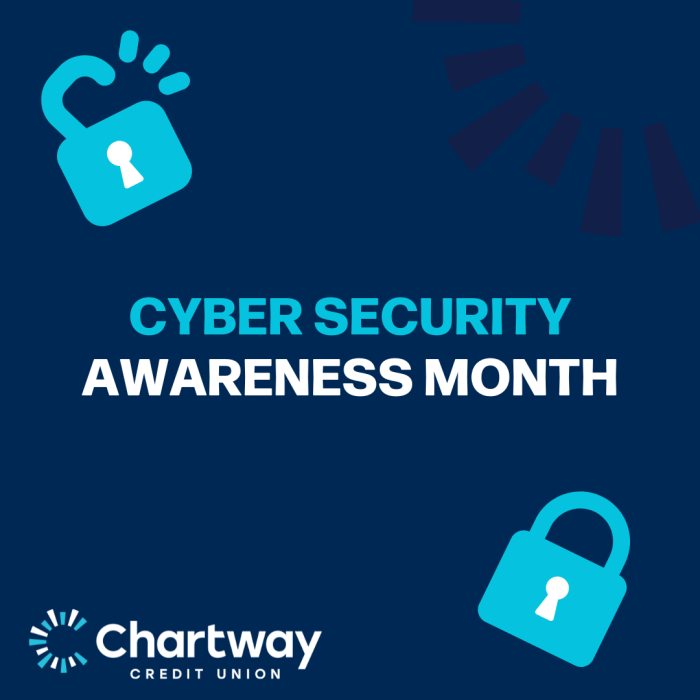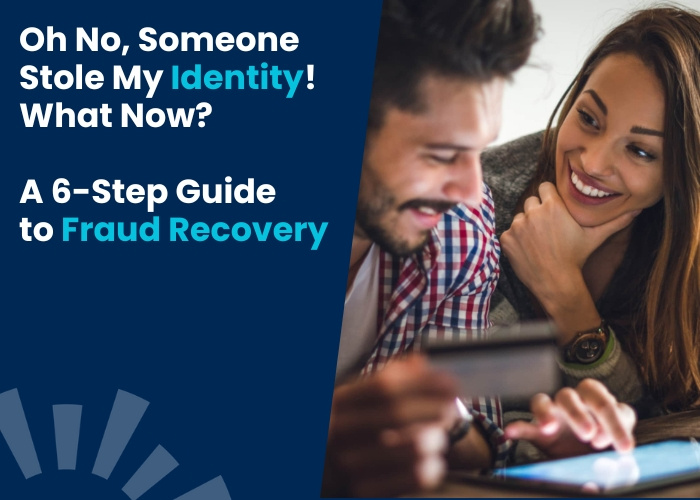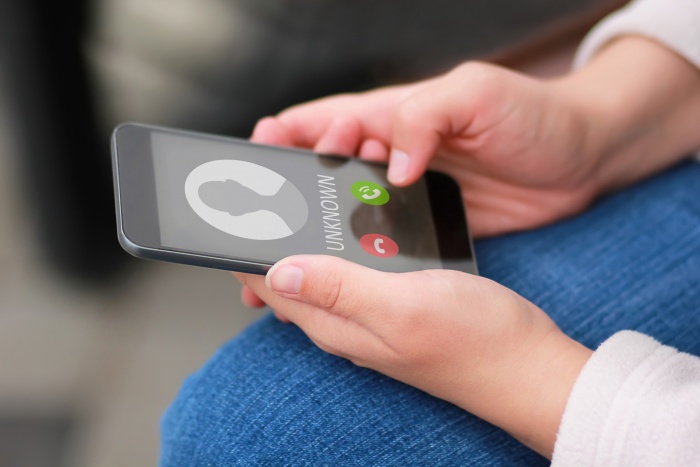Fraud & Security Center
Tips for Protecting Your Personal Information:
- Always be wary of any emails, messages, or phone calls that request confidential information, like your account numbers, login IDs, PINs and passwords, or any other personally identifiable information.
- Ask the caller for their name and a number that you can call them back at. If this number doesn’t match the one they called you from, this is a major red flag.
- Many fraudsters use scare tactics, such as threatening to disable your account. Don't feel pressured into providing information.
- Never click on links in an email or text, unless you are absolutely certain who sent it.
- As always, you should frequently review your account history for any unusual transactions.
And remember Chartway will NEVER contact you directly (by phone, email, or text) to ask for specific confidential information, including your:
- Debit or credit card number
- Personal Identification Number (PIN)
- Security (CVV) code on back of card
- Online Banking username or password
- Social Security Number
Chartway will never solicit your personal information over the phone, by email, or by text.
If you ever suspect unauthorized activity on your Chartway account, please call us at (800) 678-8765. We’re here to help keep your financial accounts safe and secure.
Fraud & Security News
-

Scam-Proof Your Holidays: AI & New Fraud Tactics Put You at Risk
As the holiday season approaches, many of us look forward to celebrating with loved ones, shopping online, giving thoughtful gifts — and yes, even the busyness and hustle of the season. Unfortunately, that same energy makes this time of year especially attractive to scammers. In 2025, new tools powered by artificial intelligence are giving fraudsters more ways to deceive, impersonate, and take advantage of people. We’re here to help you stay ahead — both with what to look out for and the many ways we’re protecting you.
-

Defend Your Digital Life: 2024 Cybersecurity Awareness Month Guide
With cybercriminals now using artificial intelligence (AI) and deepfake technology to create more sophisticated scams, staying informed and vigilant is key to protecting yourself online. At Chartway, we believe cybersecurity isn’t just about understanding the technology; it’s about empowering you with the right tools and knowledge to defend yourself from cyberthreats. That’s why this October for Cybersecurity Awareness Month, we encourage you to Secure Our World by taking proactive steps to safeguard your digital life.
-

Safeguard Your Summer Adventures: Tips for Travel Fraud Prevention
Ah, summer – it’s a season for adventure, exploration, and well-deserved vacations! You’ve worked hard all year to enjoy a relaxing beach getaway or exciting international journey, and Chartway is here to help ensure travel fraud doesn’t derail your plans.
-

Oh No, Someone Stole My Identity! What Now? A 6-Step Guide to Fraud Recovery
Imagine one day discovering that someone else is pretending to be you, spending your money, or even compromising your personal reputation.
-

October is Cybersecurity Awareness Month
Twenty years ago, the President and Congress designated October as Cybersecurity Awareness Month. It's a critical time when both the public and private sectors come together to recognize the importance of cybersecurity and foster a culture of awareness, responsibility, and vigilance.
-

Protect Yourself From Holiday Scams
‘Tis the season for fraudsters to take advantage of the holidays. 2020 has been a challenge for us for all, and we want to do our best to make sure you are protected from additional challenges like fraud and scams that can pop up over the holiday season.
-

Don’t Pick Up! Beware Phone Scammers!
Beware of phone scammers! Unfortunately, caller ID can’t always be trusted. Caller ID spoofing is when a caller deliberately falsifies the information transmitted to your caller ID display to disguise their identity and increase the likelihood that you’ll answer the call.

